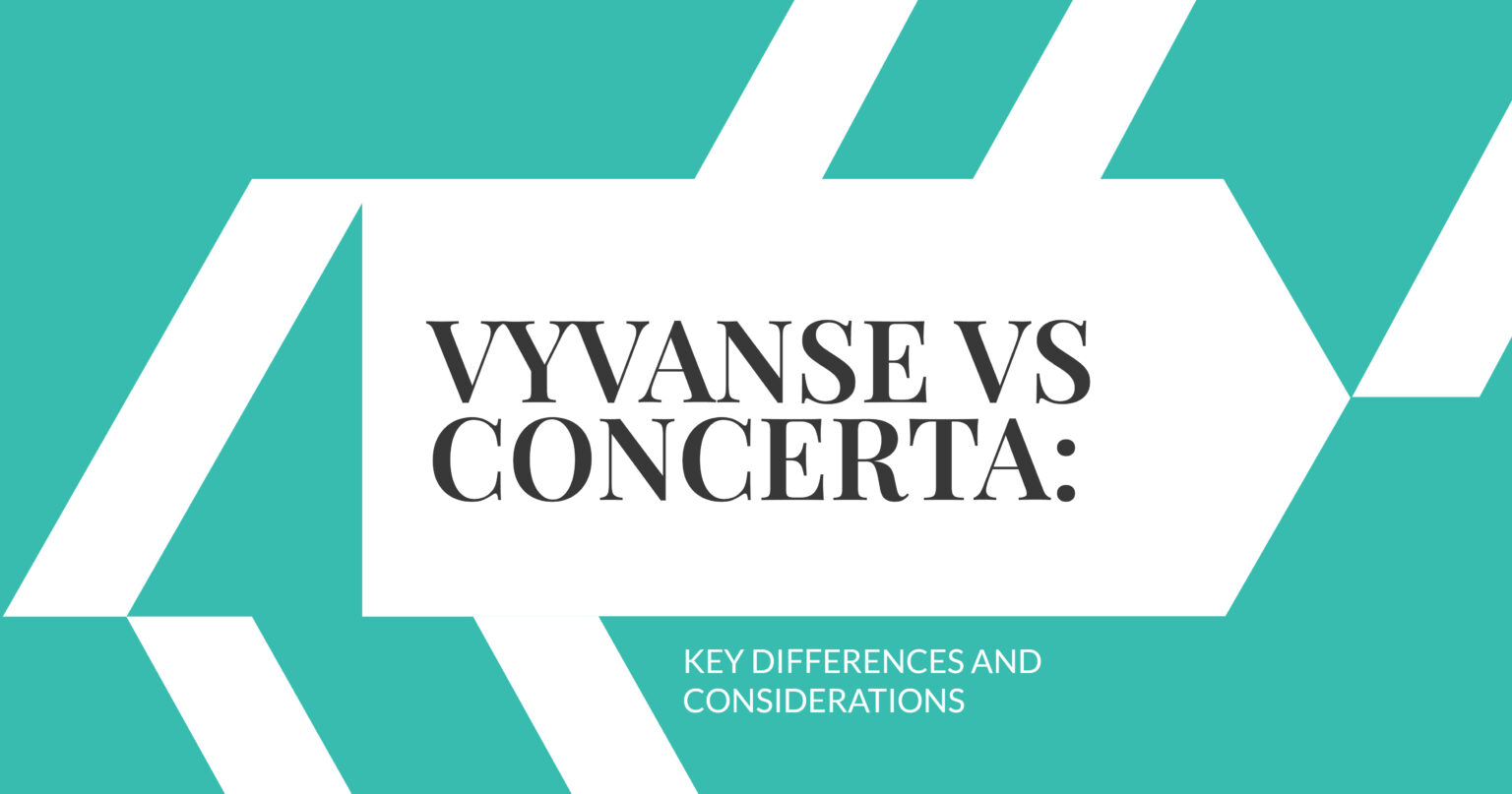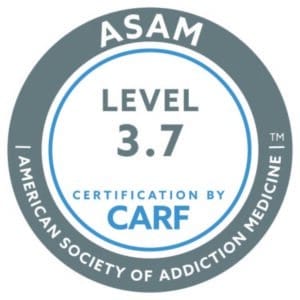Alcohol detox is the best way to end an alcoholic’s life. The most common symptoms of withdrawal are drowsiness, insomnia, irritability, and restlessness. These symptoms will start to diminish after about 24 hours, and will eventually disappear. Although they may last weeks, severe withdrawal may lead to seizures and even death. To counter these dangers, controlled medication and supportive care are essential for a successful detox. You’ll be monitored round the clock by a medical team.
During alcohol detox, a medical professional will monitor your heart rate and blood pressure. Alcohol abuse treatment needs special care, and should be taken care by an expert. These monitoring measures are necessary as the withdrawal symptoms can be severe and quickly worsen if you have certain medical conditions. A treatment specialist will also ask you about the types of symptoms you experience and what you are experiencing. This information will help the medical team determine which medicine is best for you. If you’re experiencing any of these symptoms, you’ll probably need some type of therapy.
The symptoms of alcohol withdrawal will be most severe the first few days. No doubt, drug and alcohol abuse is necessary. You’ll be experiencing intense cravings for alcohol at any time after you’ve consumed it. Some people will feel the urge to drink at any time, including while they’re sleeping. You may also have sudden and uncontrollable vomiting or diarrhea. You’ll also be in a heightened state of anxiety, which is especially concerning if you’ve been drinking heavily for a long time. The symptoms of alcohol withdrawal are likely to worsen in the first few days after you quit drinking.
Many patients who go through alcohol detox have severe negative effects. These are often the most difficult to overcome during the process of recovery. The body develops tolerance and a false homeostasis after prolonged alcohol use. It is delicate to disrupt this false homeostasis. To minimize the uncomfortable symptoms of withdrawal, the medical team will review the patient’s medical history. Medications may be prescribed to mimic the effects of alcohol, combat withdrawal symptoms, and reduce general discomfort.
There are a few kinds of detox that are available in clinics. These are:
- opiate detox
- heroin detox
- benzodiazepine detox
- residential rehab
- dual diagnosis treatment
- evidence based treatment
- medication assisted treatment
- 12 step program list
- structural family therapy
- functional family therapy
Medications are another option to help reduce the discomfort of alcohol withdrawal. These drugs can help stabilize certain chemical levels in the body, lowering the risk of serious complications. The medication used in detox is administered by a medical staff in a specialized facility. This will help the patient reach a safe physical balance and avoid the risks of dangerous withdrawal symptoms. Psychotherapy can be very helpful in the treatment process. While it is not recommended for everyone, it is essential for those with severe dependence to avoid the negative effects of alcohol.
During the detox phase, clients will be given several medications to ease the withdrawal symptoms associated with alcohol use. These drugs are effective in reducing the risk of cardiac and seizure activity. They can also relieve the stress associated with withdrawal. Some medications used in alcohol detox are benzodiazepines. These medications are prescribed to ease anxiety and muscle spasms, while others help patients sleep. They may also be used during the inpatient phase of detox.
The first stage of alcohol detox is called acute alcohol withdrawal. It can take a week or more for an individual to overcome their dependency on alcohol. However, the second phase is more severe and can last for weeks or even months. It’s important to understand that the withdrawal symptoms will vary depending on the type of alcohol abuse and the severity of the disease. The first phase of detox can be accompanied by tremors and other physical signs.
Alcohol detox usually involves three stages. One of them is the first stage, while the second is the recovery phase. During the first stage, the body flushes out alcohol from the body. The symptoms of alcohol withdrawal generally subside in about a week. Depending on the severity of the addiction, the second stage is the same as the first. During the third stage, the person undergoes the most intense withdrawal symptoms. Afterwards, the patient must go through the third stage.
Withdrawal symptoms can begin as soon as two hours after the last drink. The most intense symptoms can last up to a year. Symptoms of alcohol withdrawal can vary from mild to severe. Some people are unable to stop drinking entirely and have tried many times to quit alcohol without success. The goal of an alcohol detox is to reduce cravings for alcohol. If you can’t quit drinking, you may have an addiction. If you’re in a desperate situation, alcohol withdrawal can be a dangerous and life-threatening condition.










